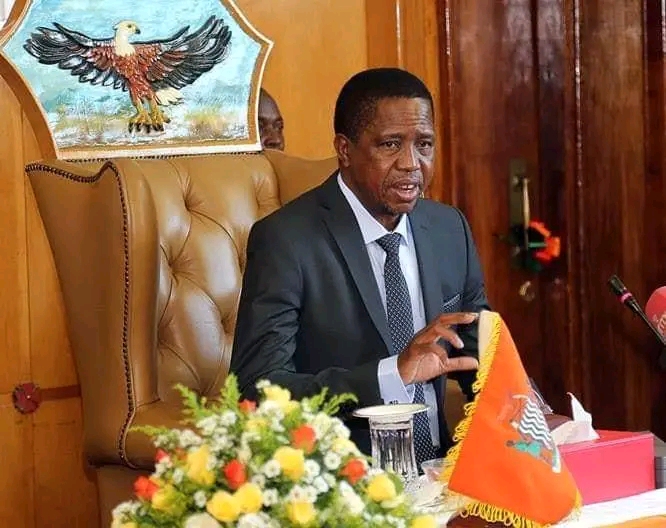By Ollus Ndomu
The recent decision by the New Dawn government to deny former President Edgar Chagwa Lungu permission to travel to South Africa for routine medical check-ups has ignited a debate about the intersection of retirement benefits and political engagement. While President Lungu’s desire to return to active politics is clear, it is essential to consider the government’s stance in this matter.
It is argued by some that if President Lungu wishes to retain his retirement benefits and entitlements, he should abstain from active politics. This perspective underscores the importance of adhering to the conditions set out for former presidents, which often include refraining from political activities. The government’s stance can be seen as an effort to maintain the balance between the privileges granted to retired leaders and their potential influence on current political affairs.
In this context, the New Dawn government’s decision is viewed by some as appropriate and in line with established regulations. However, it is imperative for such decisions to be made transparently and with clear legal justification. Upholding the rule of law and ensuring that actions taken are grounded in the constitution is crucial to maintain public trust and democratic principles.
As this situation unfolds, the government’s approach should prioritize fairness and legality. The debate surrounding President Lungu’s political aspirations and retirement benefits serves as a reminder of the intricate relationship between past leaders and the political landscape. Ultimately, it is the responsibility of the government to navigate this delicate balance while upholding democratic values and constitutional norms.


